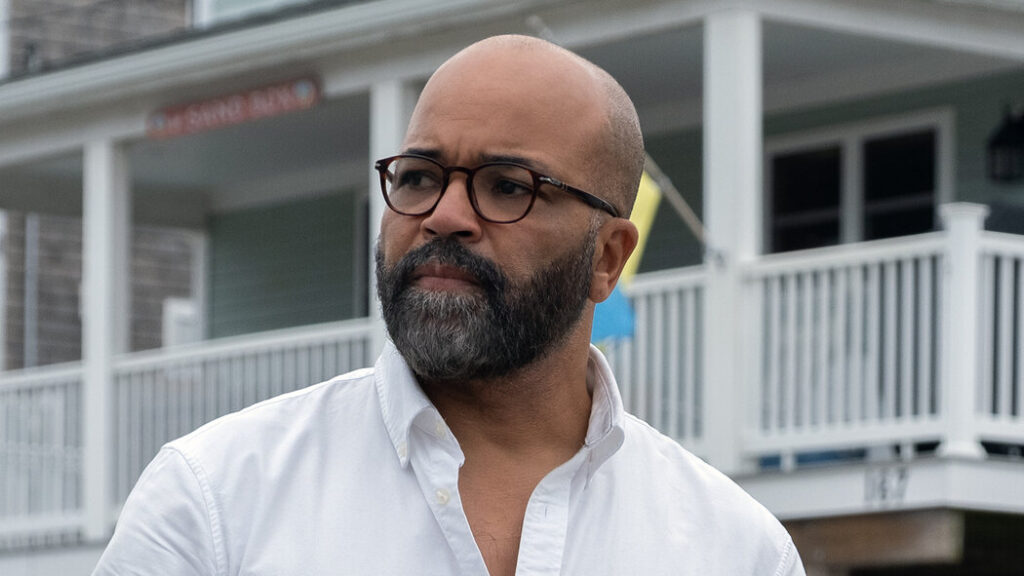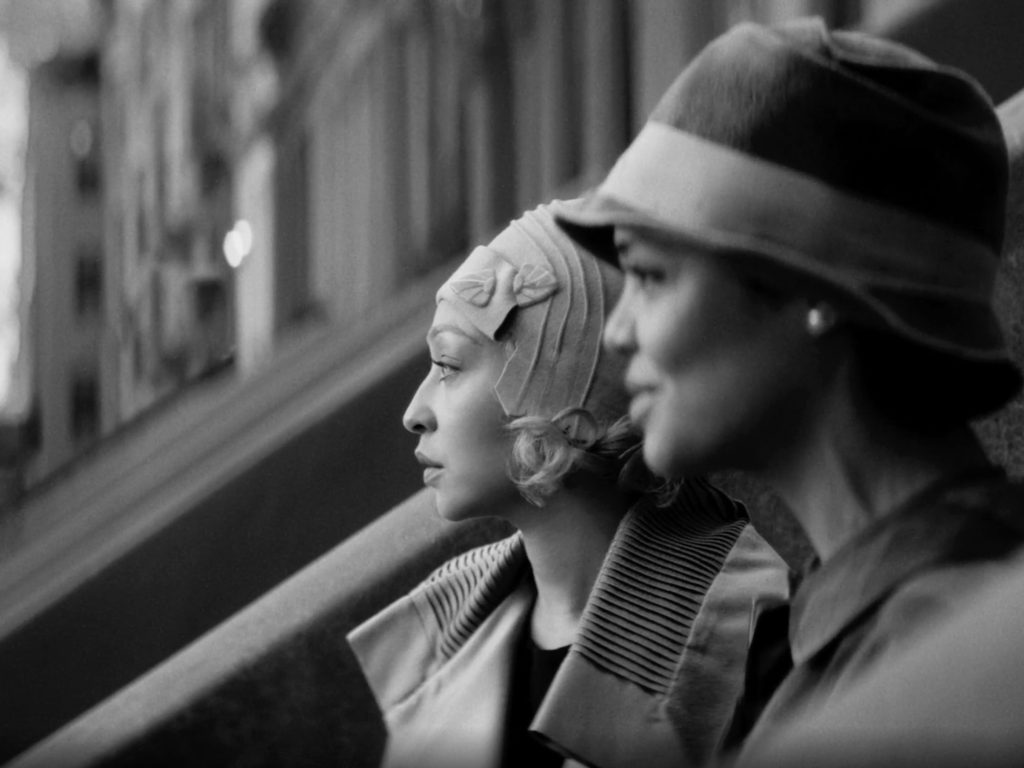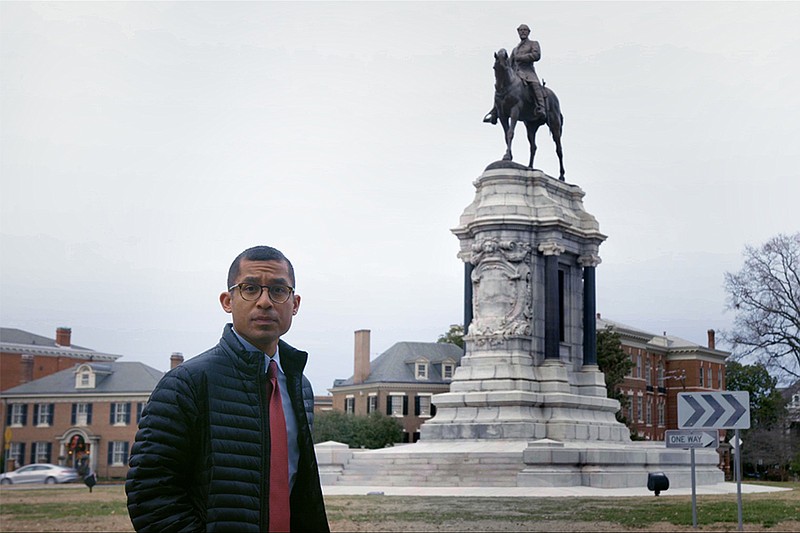
In the sharply funny American Fiction, Monk (Jeffrey Wright) is an academic and a novelist, the kind who wins literary awards, not the kind who people read on the airplane or on the beach. He is also African-American, named Thelonious Monk Ellison at birth, and his father and both siblings are physicians. His literary agent (John Ortiz) has not found a publisher ready to buy Monk’s latest high-falutin manuscript, an updating of Aeschylus.
Monk’s sensibilities are offended whenever he is pigeon-holed as a Black Writer. But he is enraged by books and movies that portray everyday African-American life as driven by deadbeat dads, crack addicts, and getting shot by the police. Monk, himself financially stressed by circumstance, goes ballistic when a Black writer (Issa Rae) gets a best seller by penning a story crammed with negative tropes.
Monk, in his cups, goes all in, adopting the pseudonym Stagg R. Leigh, and cramming every offensive stereotype into a volume initially titled My Pafology (until it gets an even worse new title). Monk demands that his agent submit it to publishers, and they are shocked when publishing houses and movie studios vie over the rights.
The joke here is that, far from ignoring black voices, the New York and Hollywood cultural gate-keepers, not a Trump voter among them, are eager to embrace black artists and black content – as long as the work conforms to the stereotypes with which they are comfortable. American Fiction sends up the white intelligentsia for incentivizing black creatives to perform in a new, but equally disgusting, form of black face. It’s wickedly funny.
While American Fiction is a successful social parody, it includes heartfelt threads of family dynamics and personal self-discovery. (There’s even a wedding.)
Jeffrey Wright is wonderful as a Monk who is pompous and curmudgeonly when we first meet him, but who becomes more complicated as we learn more about his upbringing. Tracee Ellis Ross (Blackish), Sterling K. Brown and Erika Alexander are each remarkably winning as Monk’s siblings and love interest, respectively. Leslie Uggams is downright brilliant as Monk’s mother. The entire cast is excellent, including the actors playing powerful white nitwits, especially Miriam Shor and Adam Brody
American Fiction is the directorial debut of its screenwriter, Cord Jefferson, who won a Primetime Emmy for Watchmen. It is a brilliant screenplay; Jefferson adapted it from the book Erasure by Percival Everett.
American Fiction is nominated for the Best Picture Oscar. Jefferson’s screenplay, Laura Karpman’s score, Jeffrey Wright and Sterling K. Brown are also Oscar-nominated. This is one of my Best Movies of 2023.


